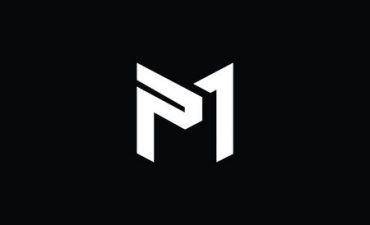Moderna has refused to hand over to China the core intellectual property behind the development of its breakthrough Covid-19 vaccine, leading to a collapse in negotiations on its sale there, according to multiple people familiar with the matter.
The Massachusetts-based pharmaceutical company turned down Beijing’s request to hand over the recipe for its messenger RNA vaccine because of commercial and safety concerns, said two people involved in negotiations that took place between 2020 and 2021. The vaccine maker says it is still “eager” to sell the product to China.
The mRNA vaccine technology used by Moderna and BioNTech/Pfizer provides longer-lasting and higher levels of protection than the inactivated vaccine technology used by Chinese makers. Several Chinese pharma companies are racing to develop a homemade mRNA alternative but have struggled with the emergence of more infectious variants.
One individual close to the Moderna team in Greater China said the company had “given up” on its previous efforts to access the Chinese market, because of Beijing’s demand that it hand over the technology as a prerequisite for selling into the country.
To date, Beijing has offered two routes for foreign Covid-19 vaccine makers to distribute in China, dependent on regulatory approval: carrying out a full technology transfer to a domestic drugmaker or establishing a manufacturing facility in China with a local partner, while keeping control of the underlying technology. Moderna was pressed to take the former option.
The German group BioNTech has struck a deal with Shanghai Fosun Pharmaceutical to conduct clinical trials and commercialise its vaccine in 2020, which meant it retained control of the intellectual property. Under the partnership, Fosun agreed to provide a factory that would make up to 1bn doses a year.
By contrast, the Shanghai-based Everest Medicines group made a deal to access the Canadian biotech company Providence Therapeutics’s mRNA vaccine candidate that involved a full tech transfer.
Beijing has not granted either vaccine regulatory approval.
The Moderna leadership did not want to hand over the vaccine recipe to a Chinese partner because of the reputational damage if the local partner botched the manufacturing, said two people with knowledge of the matter.
Moderna has been fiercely protective of its intellectual property around the world, saying handing over patents would do little to address supply constraints. Talks in Italy for a tech transfer to local manufacturing sites have also failed, but Moderna gave the reason that it lacked the capacity to oversee it.
China has not approved any mRNA products for therapeutic purposes, and the mass production of this kind of vaccine is more complex than China’s existing inactivated vaccines made by Sinopharm and Sinovac.
In recent weeks, Moderna has signalled a willingness to restart talks with China. Its chief medical officer Paul Burton said this month: “We would certainly be very eager to collaborate with China if they felt that there was a need for a vaccine there.”
Burton’s comments came days after US president Joe Biden proclaimed the “pandemic is over”, wiping more than $10bn off the market value of the main makers of vaccines, including Moderna.
Moderna told the Financial Times: “We are not currently engaged in supply talks with China. We are open to speaking with countries on their supply needs for Covid-19 vaccines.”
Industry insiders observed that the company’s willingness to reopen talks with China, the last remaining major economy without an mRNA jab, has been driven by sluggish demand for vaccines in the wealthier countries where it first targeted sales.
According to Airfinity, a data firm that monitors vaccine shipments, Moderna has shipped a greater share of its vaccines to high-income countries than the other three major vaccine makers, a strategy that earned it billions of dollars in profit. More than 86 per cent of Moderna’s jabs have been delivered to high-income countries, compared with 74 per cent for BioNTech/Pfizer, 63 per cent for Johnson & Johnson and 19 per cent for AstraZeneca.
Slowing demand has afflicted all the major coronavirus vaccine makers, but with the Covid-19 jab its only approved product, the pressure on Moderna’s management is particularly acute, according to people familiar with the matter.
Additional reporting by Jamie Smyth in New York
Source link


